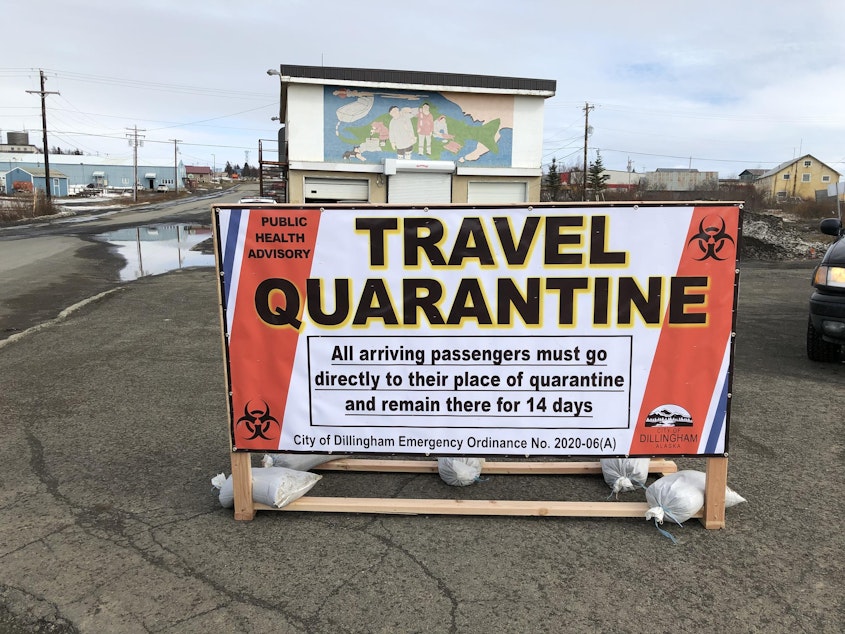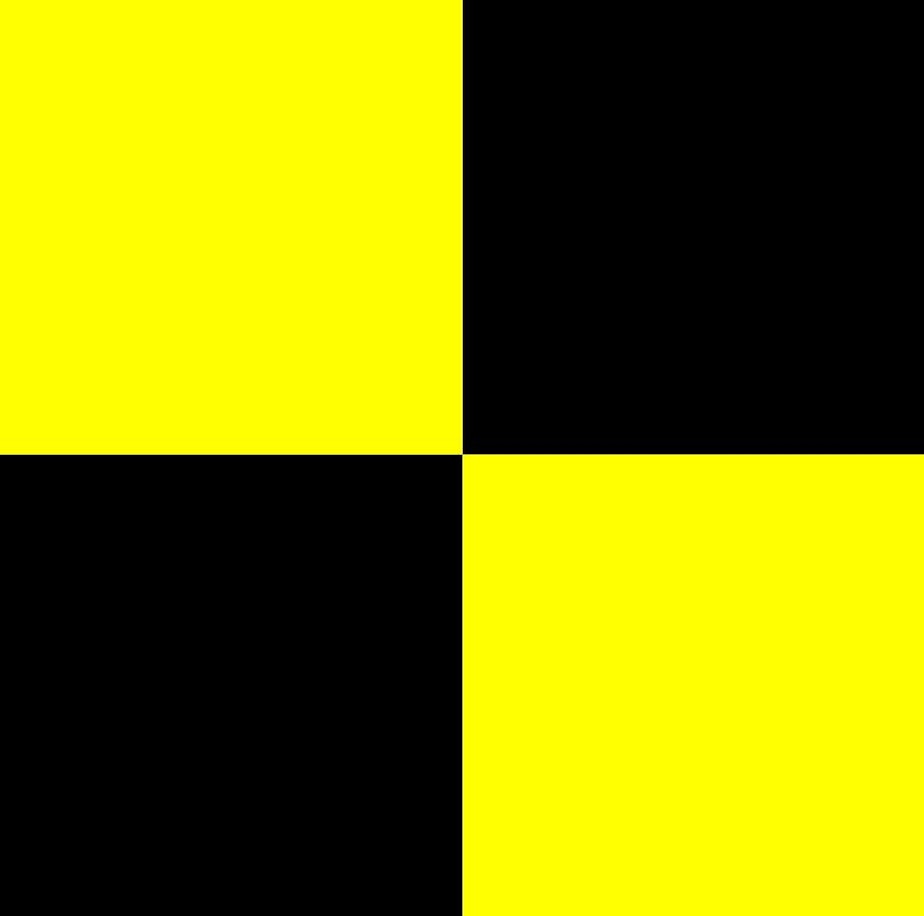A sockeye season like no other — because Covid-19

Thousands of people flood into remote parts of Alaska each summer from Washington and other states to catch salmon and get the fish ready for market.
That influx during a pandemic has locals worried – and requiring unprecedented measures to keep their communities healthy.
Michael Jackson of Bellingham is one of hundreds of people from Washington state getting ready to head up to the sockeye salmon capital of the world – Bristol Bay in southwestern Alaska. He plans to be there in June.
This year, for the first time, he’ll have to quarantine for 14 days after arriving in Alaska. Movements off the Lovely Kelley J, his 32-foot gillnet boat, will be carefully monitored and restricted.
“That’s going to require a shift in attitude and kind of a grace that this fleet’s not used to,” he said.
Like other gillnetters and fish-processing workers, Jackson will have to get tested for the virus on his first and thirteenth days in Alaska. He and his crew of three will have to have travel permits, masks and color-coded wristbands indicating what stage of quarantine they’re in. At sea, the Lovely Kelley J will have to fly the black-and-yellow quarantine flag until it is cleared.
“We'll be required to stay on or around our vessels, but we're not going to be allowed to mingle with the population,” Jackson said.
Once he’s out fishing, he won’t be able to leave his boat for supplies or a hot shower, as he could during other fishing seasons.

“Even with these protective measures, we’re still at great risk,” said Alannah Hurley, head of the United Tribes of Bristol Bay.
Some of the group’s member tribes, as well as the region’s only hospital, say there should be no commercial fishing in Bristol Bay this year.
“At the very least, our people deserve adequate preventive measures,” Hurley said.
Bristol Bay Native and community groups said on Sunday that without better protections and enforcement, including mandatory Covid-19 testing upon arrival, the commercial fishery should be shut down.
The city of Dillingham, the main fishing hub for Bristol Bay, requires testing upon arrival but smaller villages and the state of Alaska do not.
The Kanakanak Hospital in Dillingham has 16 beds and one ventilator to serve a region the size of Ohio. The nearest intensive-care unit is 300 roadless miles away in Anchorage.
Bristol Bay’s year-round population of 7,000 triples during sockeye season.
Shutting down the fishery would have major economic consequences: More than half of all the sockeye caught in the world come from Bristol Bay.
The region reported its first coronavirus case on May 15 in a seafood worker from out of state. The employee of Seattle-based Trident Seafoods was already under quarantine in Dillingham with four coworkers and did not have symptoms. Trident officials said the group had arrived in a small plane from Anchorage and traveled directly to the Trident barge without stopping in town.
The company chartered a plane to take the infected worker to Anchorage, where big-city health care is available, for isolation.
“As fearful as we were as to how the season would begin, this gives us some hope that this can work for the season,” Dillingham mayor Alice Ruby said on KDLG Public Radio.
Shannon Carroll with Trident said workers at its 10 seafood facilities across Alaska live on “closed campuses” with guards to make sure they don’t wander into town and spread or catch disease.
“We have our own employees running patrols on our facilities,” Carroll said.
Ruby said the region cannot respond the same way a big seafood company can.
“We don’t have resources to follow every fisherman around,” she said. “The city is not prepared to medevac people out ourselves.”
With 399 confirmed cases and 10 deaths to date, Alaska has felt the sting of Covid-19 less than any other state.




